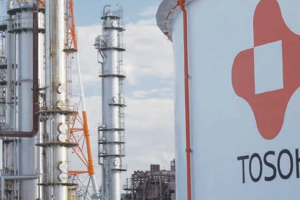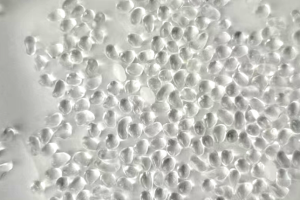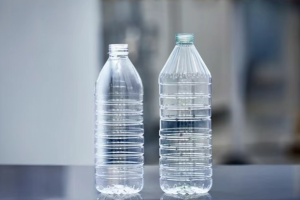October 30, 2024 – In a groundbreaking move, Japan’s Suntory Group has announced the launch of an innovative PET bottle made from bio-p-xylene derived from waste cooking oil, starting November this year. This marks the debut of the world’s first commercially available PET bottle utilizing bio-p-xylene, a material that significantly reduces carbon dioxide emissions compared to traditional petroleum-based materials.

The Suntory Group plans to implement this eco-friendly material in approximately 45 million beverage PET bottles and is actively exploring the expansion of its use across more product lines. PET resin, the primary raw material for PET bottles, consists of 30% monoethylene glycol (MEG) and 70% terephthalic acid (TPA). Since 2013, Suntory has been using MEG derived from plant-based materials in its Tennensui brand PET bottles.

In this latest innovation, Suntory, in close collaboration with partners such as ENEOS and Mitsubishi Corporation, has successfully converted waste cooking oil, a biomass resource, into p-xylene and achieved commercial-scale TPA production. To establish this global supply chain, Suntory Holdings formed a partnership with ENEOS in September 2023 to collect waste cooking oil in Japan. Furthermore, Suntory plans to leverage this collaboration to manufacture more bio-based PET bottles using bio-naphtha produced at ENEOS’s SAF plant, which is expected to commence operations after 2027.
This initiative by Suntory demonstrates a commitment to sustainability and innovation, positioning the company as a leader in the development and adoption of bio-based materials for packaging. As consumer awareness of environmental issues grows, the demand for eco-friendly packaging solutions is expected to rise, making Suntory’s bio-based PET bottles a timely and relevant market offering.














